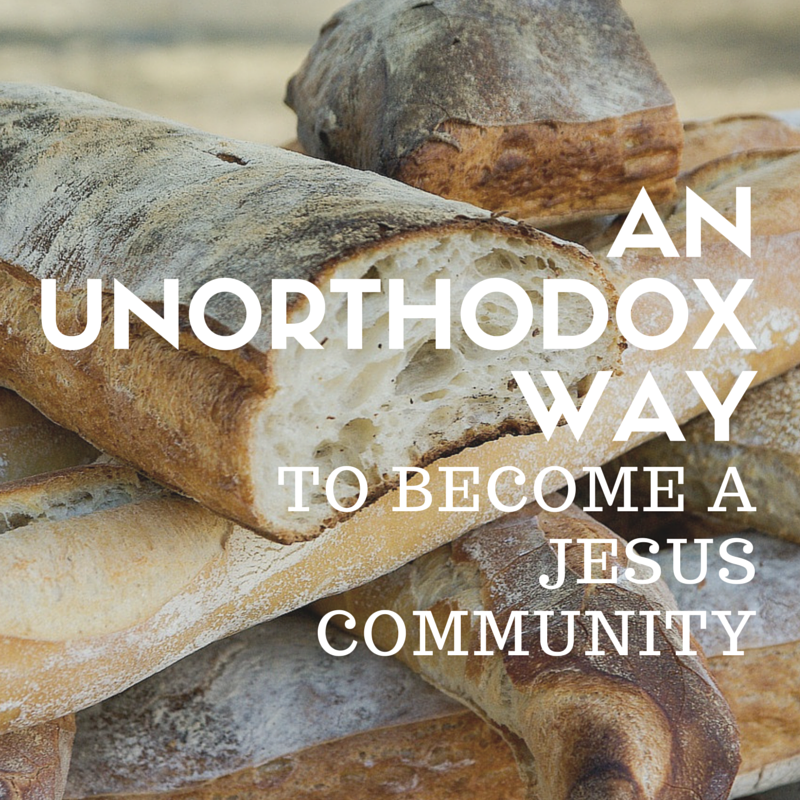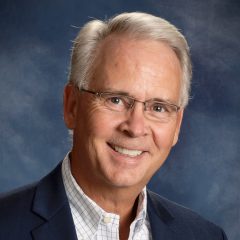Three Buddhists began to visit one of the groups belonging to Bread Fellowship, a Christ-centered community in Ft. Worth, Texas. In open discussion time, these guys would offer their Buddhist perspective. One of the Christian participants came to Charlie Johnson, pastor of “Bread,” and said, “You’ve got to put a stop to that.” “No,” said Charlie. “Trust me, and let’s trust Jesus to be able to hold his own.” Eventually one of the three Buddhists—a lead musician in a local rock band—declared his faith in Jesus and Charlie baptized him.
Unorthodox? Absolutely. But would that young man have been allowed by most established churches sufficient participation to belong and then believe? In many, perhaps. In many others, probably not.
In the book, Acceptance Forgiveness and Love: Building a Church Without Fences by Charlie’s co-pastor, Terry Austin, describes Bread this way:
Bread Fellowship is discharging a mission in Fort Worth the other churches aren’t and can’t do. It functions much like those early Christian communities that met in homes or wherever they could find a place, even in the catacombs under the city.
…Jesus didn’t envision a vast hierarchical structure spread throughout the world. None of us can say what he intended with reference to church. From his disciples to our own day we who believe have tried to figure out how best to bring to expression in our times and circumstances what he, still living among us, wants.
Bread Fellowship…is one of the most remarkable creative efforts to do what Jesus wanted that I have seen or studied in church history.
This kind of openness that would embrace the Buddhist participants is an illustration of the unique nature of fresh expressions of church. There are at least three other characteristics of Bread Fellowship that provide key insights into this movement called Fresh Expressions.
There are no “members” at Bread Fellowship.
At “Bread” they say it like this: “Jesus is the center and he has no circumference.” In other words, the community has a clear core identity, and individuals at various distances from that core can determine their level of identity with the group.
I once asked a leader of a fresh expression, “What makes someone a member of your community?” He answered, “Membership is defined by people choosing to identify with us, and with whom we identify. There is no formal process.” Lots of churches of all stripes are re-considering membership. Fresh expressions of church are on the forefront of this discussion.
Bread Fellowship is a covenant network of smaller groups.
Charlie Johnson calls it a “loose confederation.” They are young and old, largely un-churched and de-churched. There are five eclectic-but-connected groups meeting in various times and places including homes, a senior adult living center, a chapel and a local pub.
This is one of the many ways fresh expressions of church are shattering our categories and models of church.
A non-negotiable for “Bread” is their commitment never to own a building.
Buildings still matter for most congregations, and appropriately so. Congregations everywhere steward their buildings faithfully and missionally. As newer forms of church emerge to engage people far from God, perhaps buildings will matter less.
Since the number of participants in most fresh expressions of church is relatively small, smaller venues will suffice. Not owning facilities might be attractive to people who have been off-put by the amount of money required to purchase and maintain buildings. And, of course, there is a missional advantage that comes from not having to fund brick and mortar.
While Terry Austin may be correct in naming Bread “one of the most remarkable creative efforts to do what Jesus wanted that I have seen or studied in church history,” we are praying and working to see many more!


